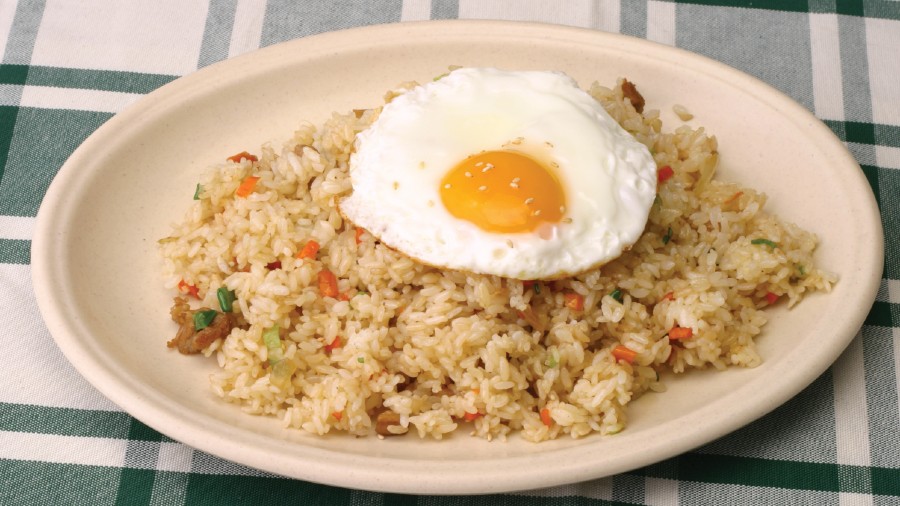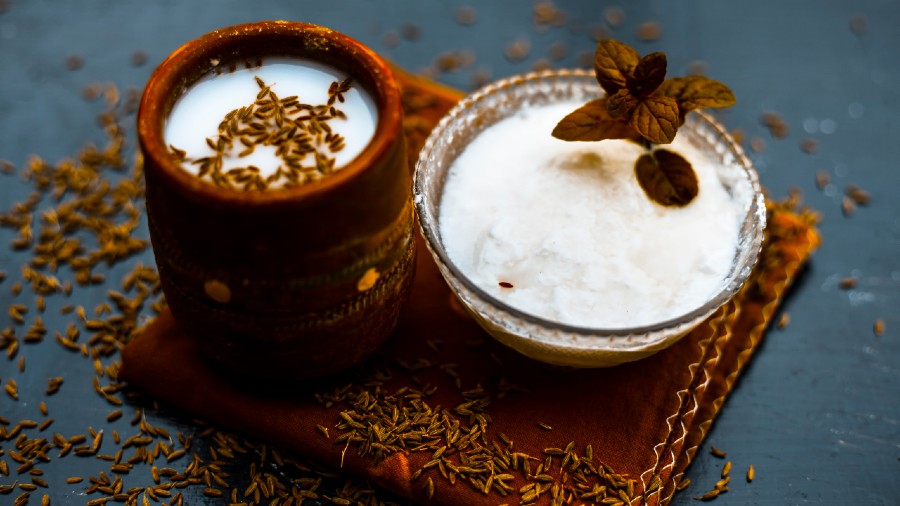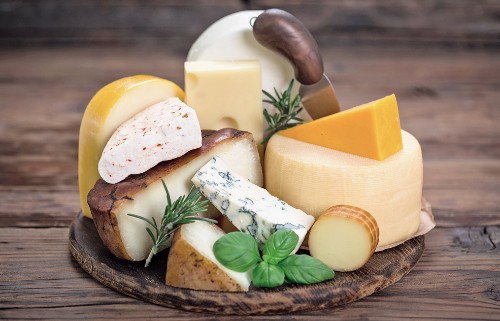Many have recovered from Covid but the experience has left them weak, tired and frail. What you eat or drink will aid the recovery process and help you get back to everyday life quicker.
Importance of diet
Lack of appetite, loss of taste and smell, anxiety and fear make it difficult for us to eat. If we do not get adequate nutrition, our body will use its natural stores of energy and you will experience muscle loss and weakness. Moreover, when our body is fighting an infection, it needs more energy and fluids. Hence, you will need to eat and drink more than what you normally would.
Road to Recovery
Scale up calories: Adequate calorie intake is critical for regaining energy. Eat foods that are nutritious and at the same time high in calories. Consume calorie-dense foods, such as full-fat milk, potatoes, sweet potatoes, rice, cheese, red meat, oily fish and nuts. For those who can’t force themselves to eat more, the suggestion is to eat small quantities but frequently. You can eat every couple of hours. Drink meal replacements or protein drinks between meals. Increase the amount of oil in cooking or drizzle some extra ghee on your chapattis or dal. You may also include a dessert, like custard or rice pudding, with your meals to increase the calorie quotient.
Eat slowly, take small bites, and breathe deeply while chewing. Eat while sitting up and choose foods that are easier to chew. If you feel full too quickly, try to consume fluids in between meals and not with the meals.

Pack in Protein: Eating protein-rich foods should be priority. Protein is the building block of our bodies. Adequate protein intake is critical for cell growth and regeneration. It will help repair our body tissues during recovery and also support our overworked immune system fighting the infection. If you feel weak and experience breathlessness, increase the amount of protein in your diet to prevent muscle loss and enhance the strength of respiratory muscles. So, add items like lentils, legumes, milk and milk products, soy, nuts, seeds, chicken, fish and eggs. If you have a poor appetite, eat foods that are high in protein. Those suffering from chronic kidney disease should consult a medical practitioner before adjusting their protein intake.

Restore the gut: Infection and treatment with antibiotics can alter your healthy gut bacteria. This can increase inflammation in the body. Probiotic can also help restore immunity. Include probiotic-rich foods, like yoghurt, buttermilk and our traditional pickles. Some cheeses like cheddar, gouda and mozzarella contain probiotics too.
Fluid fill: Even mild fever can dehydrate you. Water not only regulates body temperature but also flushes out toxins. Try to drink 2.5-3 litres of water each day. You can also drink fruit juices, coconut water, thin buttermilk and lemon water with a pinch of salt. You can even try chicken or vegetable soup. Kidney patients should avoid coconut water and fruit juices (if there is a potassium restriction). Diabetics should avoid fruit juices. Try drinking liquids at the end of the meal — drinking before or during a meal may cause you to feel too full.
Get moving: Physical activity can drain you and can leave you breathless. However, being active and increasing your mobility can positively impact your mental and physical health. The toxicity of the virus makes you lose appetite and you may realise that your muscles have gone weaker. Added to this, a prolonged disease means a longer stay at home, which, in turn, leads to reduced physical activity and results in significant muscle loss. ICU patients suffer tremendous amounts of muscle loss. Once your doctor gives you the nod, exercise should be encouraged to gain stamina, strength and for better mood. Simple exercises, like stretching, activities for balance and control, strengthening exercises, should be gradually started under guidance.
Deep breathing: During the recovery phase, breathing exercises will strengthen your diaphragm and bring in the vital oxygen into your bloodstream. It may increase lung capacity, subsequently strengthening your lungs. Deep breathing will also keep you calm and alleviate symptoms of anxiety and fear. You can lie or sit down to do breathing exercises. Belly breathing or diaphragmatic breathing is a technique found to be beneficial in improving lung capacity and function. However, if at rest, you experience shortness of breath or chest pain, stop exercising; it may worsen your symptoms.
Sleep: Many people during the recovery stage struggle to sleep well. They struggle to fall/stay asleep, some wake up too early. This may have been triggered by anxiety, fear and loneliness during isolation. Get enough sleep, about eight to 10 hours a day, because when you sleep, your body speeds up the recovery process. Avoid use of gadgets at least an hour before you sleep to minimise exposure to blue light.
Supplement support: Consider a multivitamin supplement if you are eating too little. Whey protein supplements are a great choice to increase protein intake. It is a convenient option for those who are on their own and find it difficult to prepare meals. Omega-3 fatty acid supplements have potent anti-inflammatory properties. They will help reduce inflammation and may improve your immune response. Probiotic supplements may be used to restore gut health and immunity.
You must, however, remember, the fire has not been doused yet, the battle is far from over, so please mask up and get vaccinated.
Hena Nafis is a consultant nutritionist and the owner of nutrition and lifestyle clinic Nutrience, and the health cafe, Eat Good Food. You can follow her on Facebook and Instagram @nutriencebyhenanafis










